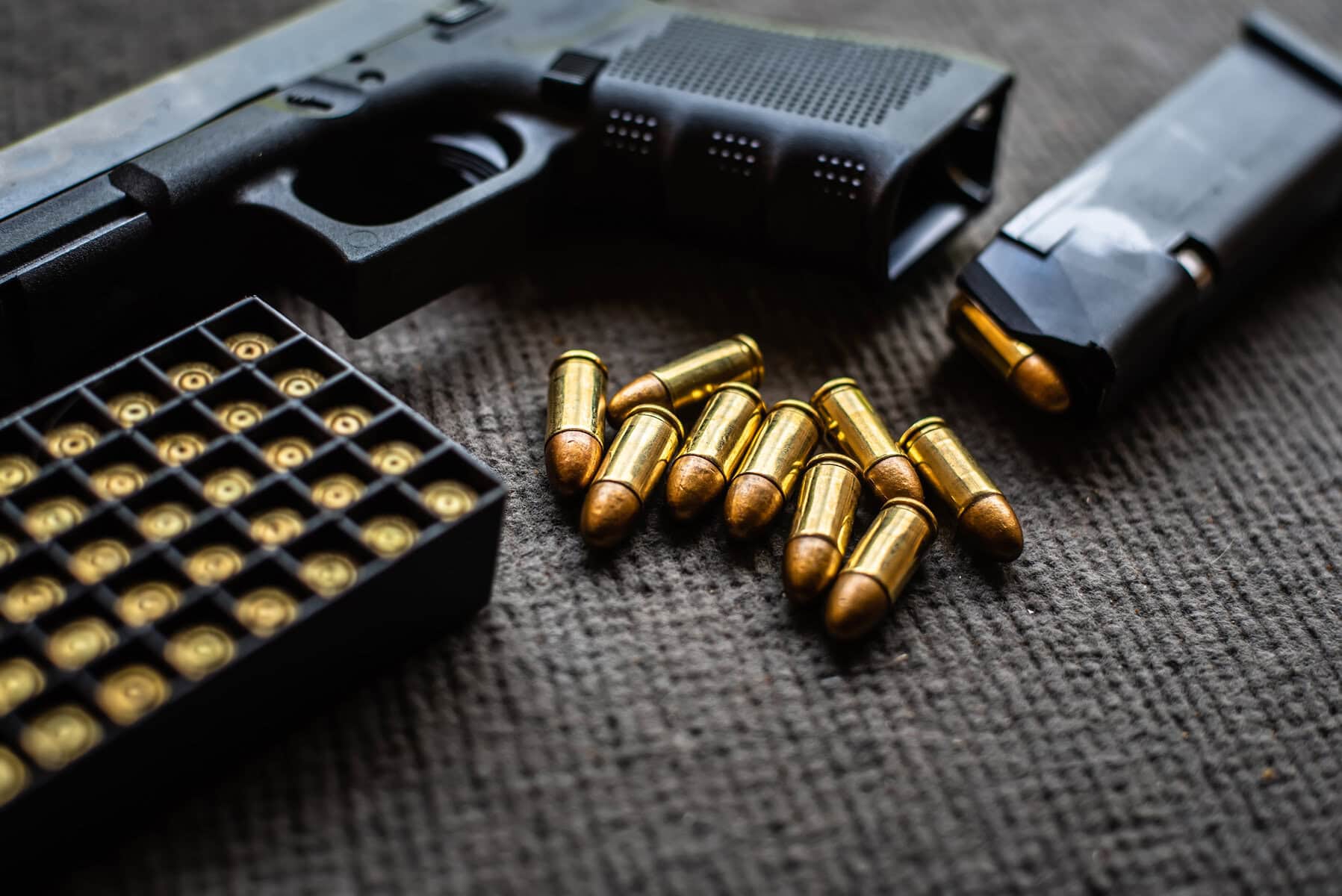283 export permits for munitions were approved valued at just under R5 billion.

The South African defence industry continues to grow along with the demand for products produced in the country.
On Friday, the National Conventional Arms Control Committee (NCACC) briefed the joint standing committee on defence on the 2025 first and second quarter reports.
The current committee, headed by Minister in the Presidency, Khumbudzo Ntshavheni, was appointed by President Cyril Ramaphosa in October last year.
The committee, comprising 11 ministers and deputy ministers, will serve a five-year term.
According to Deputy Minister of Justice and Constitutional Development and NCACC deputy chairperson Andries Nel, the committee has held nine meetings since then. It has issued 129 registration permits, nine marketing permits and 138 contracting permits valued at R33 billion.
Munitions permits
The committee has issued 461 conventional munitions export permits, valued at R5.8 billion and 149 permits for the export of dual-use items valued at R466 million.
“The committee is fully functional and seized with discharging its duties in terms of the Conventional Arms Control Act. This does not mean there are no challenges. The committee is attempting to address these challenges through developing a standard operating procedure to guide its work and modernising and digitising the processing of applications,” Nel said.
ALSO READ: Reserve Force members allegedly defraud cash-strapped SANDF of R1.1 million
From January 2025 to June 2025, the committee approved 90 registration certificates and one marketing certificate for the promotion of conventional arms and any negotiation of a tender, advertising, shows, exhibitions or giving of information relating to conventional arms]
It approved 85 contracting permits valued at R17.2 billion.
The committee approved 283 export permits for munitions valued at just under R5 billion.
According to Nel, 79 permits for the export of dual-use items – products, technology, services and other goods which, besides their normal use and application for civilian purposes, can also be used for the furtherance of general military capability – were approved valued at R287 million.
Nel said 165 import permits were approved valued at R156 million.
“The committee’s work is accelerating. During the second quarter, 56 companies were registered, compared to 34 during the first quarter,” he said.
“The value of contracting permits approved was R9.3 billion during the second quarter. This is compared to R7.9 billion during the first quarter.
ALSO READ: Motshekga dismisses allegations of ‘rampant ill-discipline’ in SANDF
“The most dramatic increase was the export of munitions. During the second quarter, this stood at R4.9 billion compared to R907 million during the first quarter.”
Exports of arms
The industry continues to export arms to different regions, with Europe being the biggest importer of South African-produced munitions.
Between January 2025 and March 2025, Europe imported the biggest share of South African-produced munitions, at 59%. This was followed by the Middle East at 30% and Australasia at 11%.
ALSO READ: Why South Africa can’t defend itself anymore
During the same period, the Americas were the largest importers of South African-produced dual-use goods and technologies, accounting for 65%. This was followed by the Middle East at 15%, Europe at 14% and Africa at 5%.
Between April 2025 and June 2025, Europe remained the largest importer of munitions, accounting for 52%. This was followed by Africa, which recorded the highest increase, at 35%, from 1% in the previous quarter, and the Americas at 7%.
The largest importer of dual-use goods and technologies during this quarter was Africa, accounting for 54%. This was followed by the Americas with 36% and the Middle East with 6%.
“The industry we are regulating makes a considerable contribution to economic growth, development and the retention of skills and innovation,” said Nel.
Support Local Journalism
Add The Citizen as a Preferred Source on Google and follow us on Google News to see more of our trusted reporting in Google News and Top Stories.






